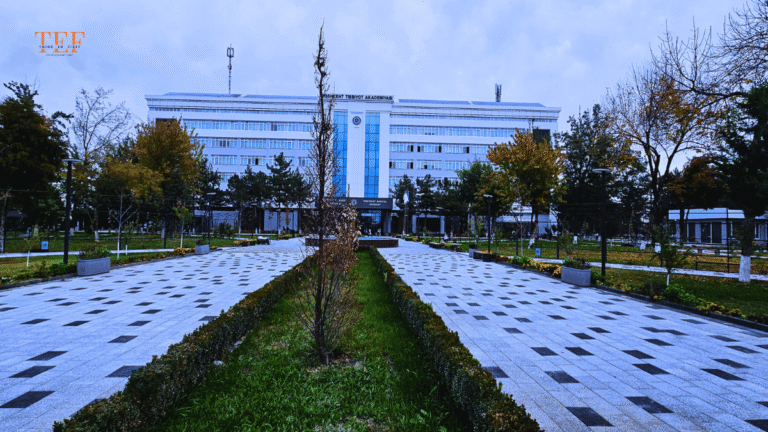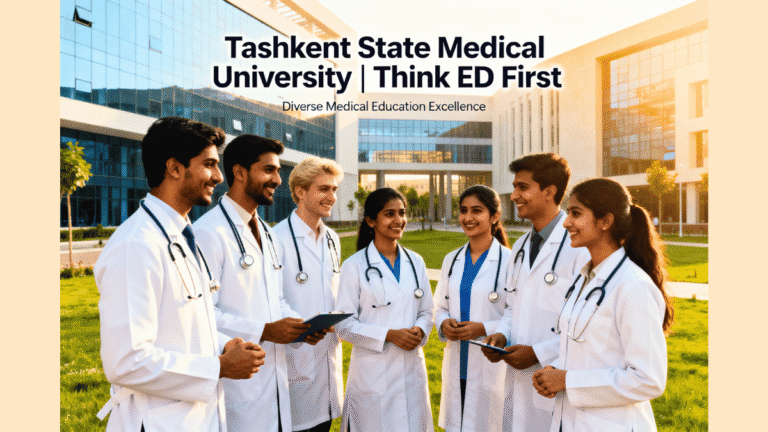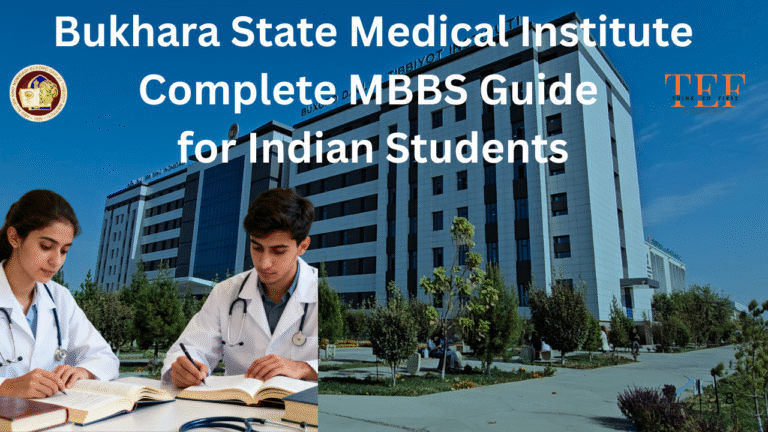April 22, 2025 will be remembered as a watershed moment for Uzbekistan’s medical education system. On this date, Presidential Decree No. PP-149, titled “On measures to radically improve the system of personnel training in the medical field”, was signed into law—setting in motion a bold transformation aimed at elevating the quality and global competitiveness of medical training in the country.
🏛️ A Unified Vision: The Birth of Tashkent State Medical University
At the center of this reform lies the creation of the Tashkent State Medical University (TSMU)—a strategic consolidation that unites three of the nation’s leading medical institutions:
- Tashkent Medical Academy
- Tashkent Pediatric Medical Institute
- Tashkent State Stomatological Institute
This merger is designed to pool academic resources, standardize curricula, and cultivate a unified academic and clinical ecosystem. By eliminating silos and encouraging cross-disciplinary collaboration, TSMU aims to offer a more holistic and future-ready medical education experience.
🔬 Advancing Research: The New Medical Scientific and Innovative Research Institute
In tandem with educational reform, the decree also establishes the Medical Scientific and Innovative Research Institute, which builds on the foundation of the Central Scientific and Research Laboratory of the former Tashkent Medical Academy. This new institute is poised to become a national hub for biomedical innovation, driving scientific discovery, interdisciplinary collaboration, and evidence-based advancements in healthcare.
🌍 Regional Expansion: New Names, New Identity
To further enhance reach and coherence, the decree brings significant changes to regional branches and affiliated institutions:
- The Urgench Branch of Tashkent Medical Academy becomes the independent Urgench State Medical Institute.
- The Termez and Chirchik branches are rebranded under the umbrella of TSMU, further integrating the national system.
- Clinical facilities affiliated with the former institutions are now unified under the TSMU Clinics brand—creating a cohesive identity in clinical training and patient care.
- Academic lyceums formerly associated with the three separate universities will now operate as Academic Lyceums No. 1, 2, and 3 of TSMU, supporting a streamlined pipeline from secondary education to medical specialization.
🎓 Elevating to Global Standards
One of the decree’s most transformative elements is the commitment to aligning Uzbekistan’s medical education with international standards. This includes the introduction of competency-based education (CBE)—a modern approach that prioritizes practical skills, clinical readiness, and lifelong learning.
These reforms will prepare future Uzbek doctors not only for domestic healthcare challenges but also to compete and collaborate on the global stage.
✅ The Road Ahead: Excellence, Innovation, and Integration
The adoption of Presidential Decree No. PP-149 signals more than just structural changes—it marks a cultural and strategic shift toward excellence, innovation, and international integration in medical education.
By unifying academic institutions, boosting research capabilities, and modernizing curricula, Uzbekistan is creating a fertile environment for developing the next generation of healthcare professionals—those who will shape the nation’s health outcomes and make their mark worldwide.





